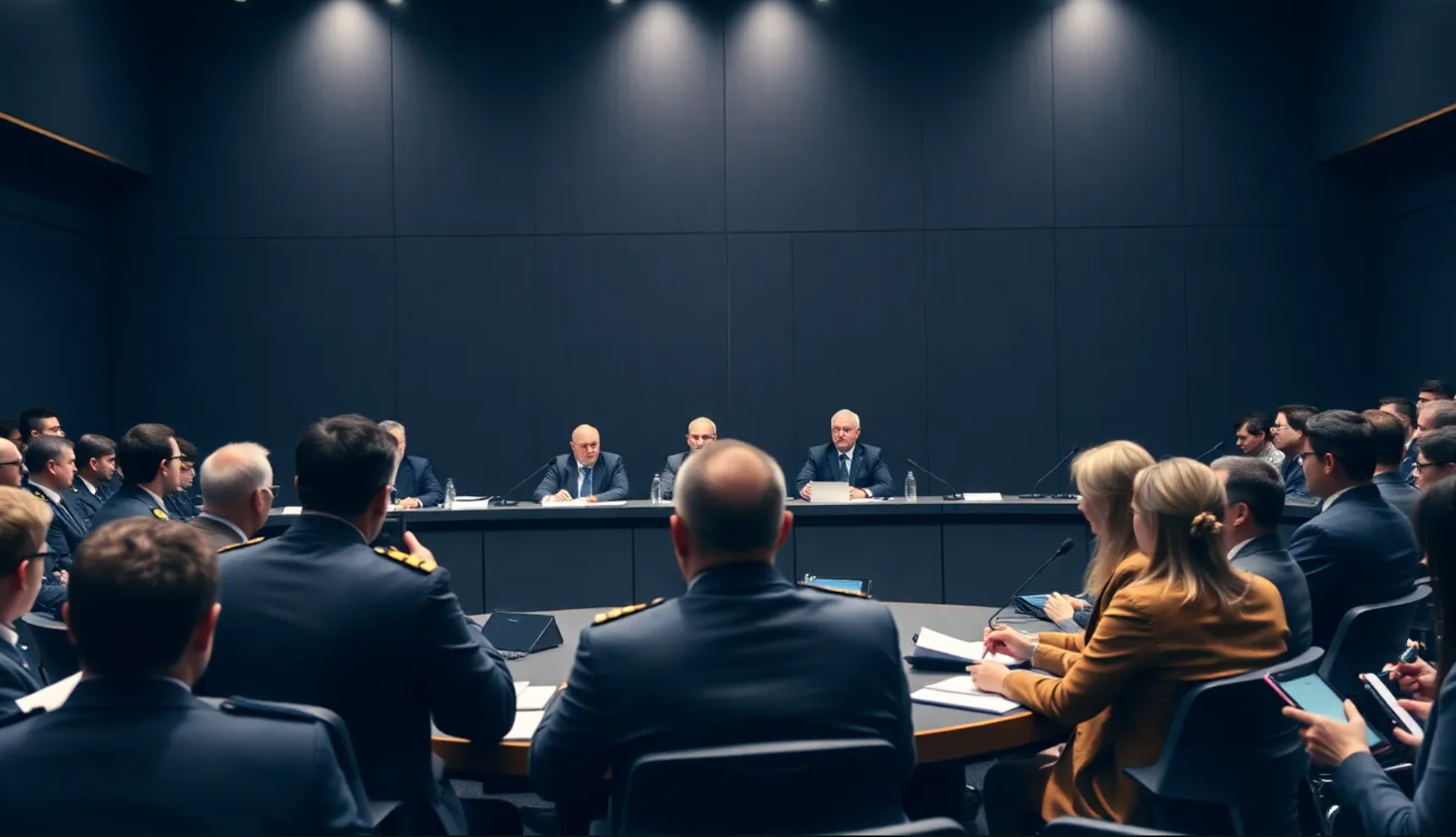Russian propaganda outlets are once again spreading unfounded accusations that Ukrainian special services are allegedly preparing terrorist attacks using biological pathogens. These allegations, which have no factual basis, are part of the Kremlin’s ongoing disinformation campaign aimed at creating panic among the population and discrediting Ukraine in the international arena.
The Center for Strategic Communications and Information Security of Ukraine emphasizes that such accusations are a classic example of Russian operations to intimidate and destabilize Ukrainian society. Experts recommend that citizens be critical of such reports, checking information on the official resources of Ukrainian government agencies and international organizations.
International organizations, including the World Health Organization (WHO) and the United Nations (UN), have repeatedly refuted these narratives as completely unfounded. In March 2022, Russia accused Ukraine of developing biological weapons in laboratories linked to the United States. These allegations were picked up by Chinese state media and conspiracy theorists such as QAnon. However, BBC Reality Check has found no evidence to support these allegations, and the UN has also denied them. Russian biologists, both in Russia and abroad, have called the allegations “obviously false”.
In addition, Russian state media disseminated absurd conspiracy theories, claiming that the United States was training birds to spread disease in Ukraine to Russian citizens. These claims were ridiculed by representatives of the US State Department as “outright lies” and “absurd propaganda”.
These disinformation campaigns are aimed not only at discrediting Ukraine, but also at diverting attention from Russia’s own actions, which could be qualified as war crimes. The spread of such fakes through social networks and pro-Russian media creates the illusion of a threat that has no real basis in reality.
Information security experts urge citizens to be cautious and critically evaluate information, especially that disseminated through social networks and messengers. It is recommended to check the facts on the official resources of government agencies and international organizations such as WHO and the UN to avoid falling into the traps of disinformation.
We continue to monitor the situation and will inform you of new cases of disinformation aimed at undermining trust in Ukrainian institutions and justifying Russia’s aggressive actions.


Leave a Reply